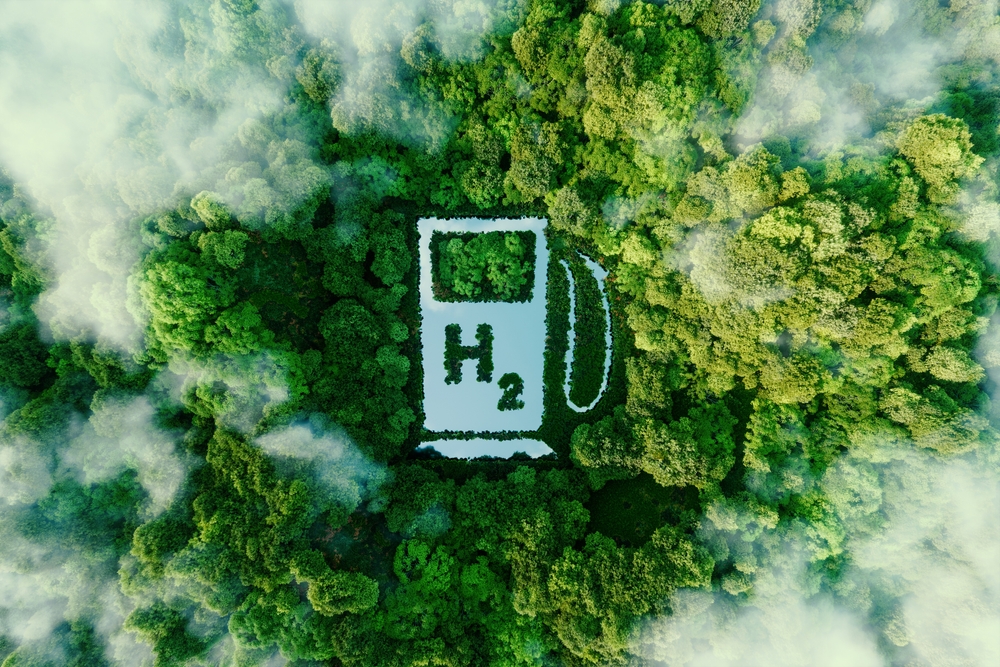Future of Hydrogen Fuel Cell Cars: A Deep Dive into the Promise and Challenges
Let's begin our journey with hydrogen - the most abundant element in the universe, and a promising candidate for a clean, renewable source of energy. Hydrogen fuel cell vehicles (FCVs) operate by converting hydrogen's chemical energy into electricity, which then powers the electric motor. Dating back to the first working fuel cell developed by Sir William Grove in 1839, the potential of hydrogen as a fuel source has intrigued scientists and automotive engineers alike. However, its practical application in cars only gained momentum in the mid-20th century, with the first hydrogen fuel cell car, the GM Electrovan, unveiled in 1966.

The Current Landscape of Hydrogen Fuel Cell Vehicles
Fast forward to the 21st century, hydrogen fuel cell vehicles represent an exciting frontier in automotive technology, albeit a small one compared to conventional vehicles. Major manufacturers like Toyota, Hyundai, and Honda have commercial FCVs in their lineup. For instance, Toyota’s Mirai, launched in 2014, gives us a glimpse into the future of green mobility. Despite the limited number of FCVs on the road, the technology is continuously evolving, backed by substantial investments and rigorous research.
Environmental Boons and Technology Breakthroughs
One of the main attractions of FCVs is their environmental credentials. They emit only water vapor, promising a future of zero-emission mobility. Additionally, hydrogen can be produced from various renewable sources, making it a sustainable alternative to fossil fuels. Recent technological breakthroughs, such as the development of more efficient fuel cells and the advent of high-capacity hydrogen storage systems, have further bolstered the case for FCVs.
Roadblocks on the Grid: Challenges for Hydrogen Fuel Cell Cars
However, hydrogen FCVs face several hurdles. The infrastructure for hydrogen production, distribution, and refueling is woefully inadequate, especially compared to the well-established network for gasoline and electric vehicles. The high costs associated with these technologies present another challenge. Moreover, the safety concerns related to hydrogen storage and transportation need to be meticulously addressed to foster public acceptance.
The Way Forward: Navigating the Future of Hydrogen Fuel Cell Cars
Despite the challenges, the future of hydrogen fuel cell cars looks promising. Governments and industries worldwide are ramping up efforts to build the required infrastructure and bring down costs. Furthermore, research is underway to enhance the safety and efficiency of these vehicles. As we continue our race towards a sustainable automotive future, it’s increasingly evident that hydrogen fuel cell cars have a significant role to play.
With their potential to offer sustainable and efficient mobility solutions, hydrogen fuel cell cars represent a fascinating intersection of engineering, environment, and economics. While the journey is riddled with challenges, our collective drive towards a greener planet ensures that we’ll continue pushing the boundaries of this exciting technology.




